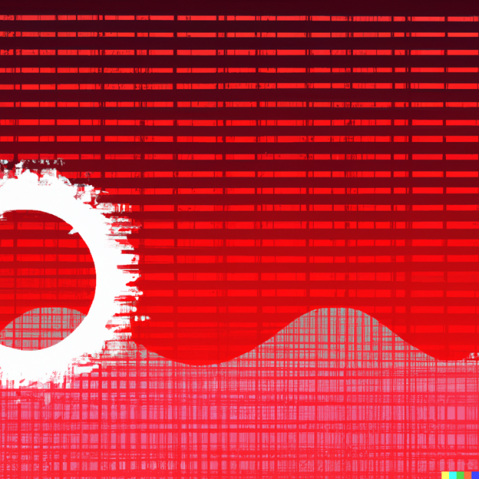Quantum Information Security Unit
Adjunct Professor Artur Ekert
Abstract
This project is part of our broader research efforts aimed at understanding the origins of randomness and indeterminism. The notion of inherent randomness, something that happens without any cause, goes against our rational understanding of reality. To add to the puzzle, randomness that appears in non-relativistic quantum theory tacitly respects relativity, for example, it makes instantaneous signalling impossible. We show that this is because the special theory of relativity can itself account for such a random behaviour.
1. Staff
- Manami Gima, Administrative Assistant
- Megumi Ikeda, Administrative Assistant
2. Collaborations
Description: Relativistic origins of quantum-like behavior
- Description: Relativistic origins of quantum-like behavior
- Type of collaboration: Joint research
- Researcher: Professor Andrzej Dragan, Warsaw University
3. Activities and Findings
The full mathematical structure of the Lorentz transformation, the one which includes the superluminal part, implies the emergence of non-deterministic dynamics, together with complex probability amplitudes and multiple trajectories. This indicates that the connections between the two seemingly different theories are deeper and more subtle than previously thought. Here, we argue that elementary relativistic properties of spacetime lead to the emergence of a non-deterministic quantum-mechanical picture involving quantum superpositions and complex probability amplitudes.
4. Publications
4.1 Journals
- Andrzej Dragan, Kacper Dębski, Szymon Charzyński, Krzysztof Turzyński and Artur Ekert "Relativity of superluminal observers in 1 + 3 spacetime" Class. Quantum Grav. 40 025013, doi:10.1088/1361-6382/acad60 (2022)
4.2 Books and other one-time publications
Nothing to report
4.3 Oral and Poster Presentations
- Krakow, Poland. Quark Matter 2022 - the XXIXth International Conference on Ultra-relativistic Nucleus-Nucleus Collisions. Invited talk on quantum computation. (2022 Apr 4-10)
- Krakow, Poland (The Polish Academy of Arts and Sciences ). Invited lecture on quantum cryptography (2022 May 20)
- Krakow, Poland (Copernicus festival). Popular talk on quantum computation (2022 May 22)
- Sopot, Poland. Popular talk "Girolamo Cardano - the gambling scholar". (2022 May 26)
- Dunedin, New Zealand (The Dodd-Walls Centre for Photonic and Quantum Technologies). Lecture "Information is physical: from bits to qubits" (2022 Jul 05)
- Dunedin, New Zealand. Lecture on the importance of quantum technologies to the Ministry of Business, Innovation and Employment. (2022 Jul 06)
- Singapore, NUS. Lecture to the Temasek Defence Systems Institute, "Quantum computation:potential, hype and reality" (2022 Jul 20)
- Malmo, Sweden. Nobel symposium. Invited speaker. Talk on quantum cryptography. (2022 Aug 25-28)
- Bedlewo, Poland. (The Banach Centre, Institute of Mathematics, Polish Academy of Sciences) Lecture on cryptography at the Summer School in Mathematics. (2022 Sep 01)
- Copenhagen, Denmark. Plenary lecture for the opening of the Quantum Hub at the University of Copenhagen. On quantum computation. (2022 Sep 06)
- Barcelona, Spain. Invited lecture at the University of Barcelona. Quantum entanglement. (2022 Oct 07)
- Kolkata, India. Centre for Quantum Engineering, Research and Education. Seminar on Bell's inequalities in cryptography. (2022 Nov 22)
- Madrid, Spain (The Bankinter Innovation Foundation). Invited talk on the Future of Quantum Cryptography. (2022 Nov 29)
- Singapore (NUS). Physics Engagement Day. Opening lecture to junior college students. (2022 Dec 12)
- Israel, Sde Boker. Winter School on Quantum Technologies. Lectures on quantum channels. (2023 Mar 1-3)
5. Intellectual Property Rights and Other Specific Achievements
Nothing to report
6. Meetings and Events
Nothing to report





